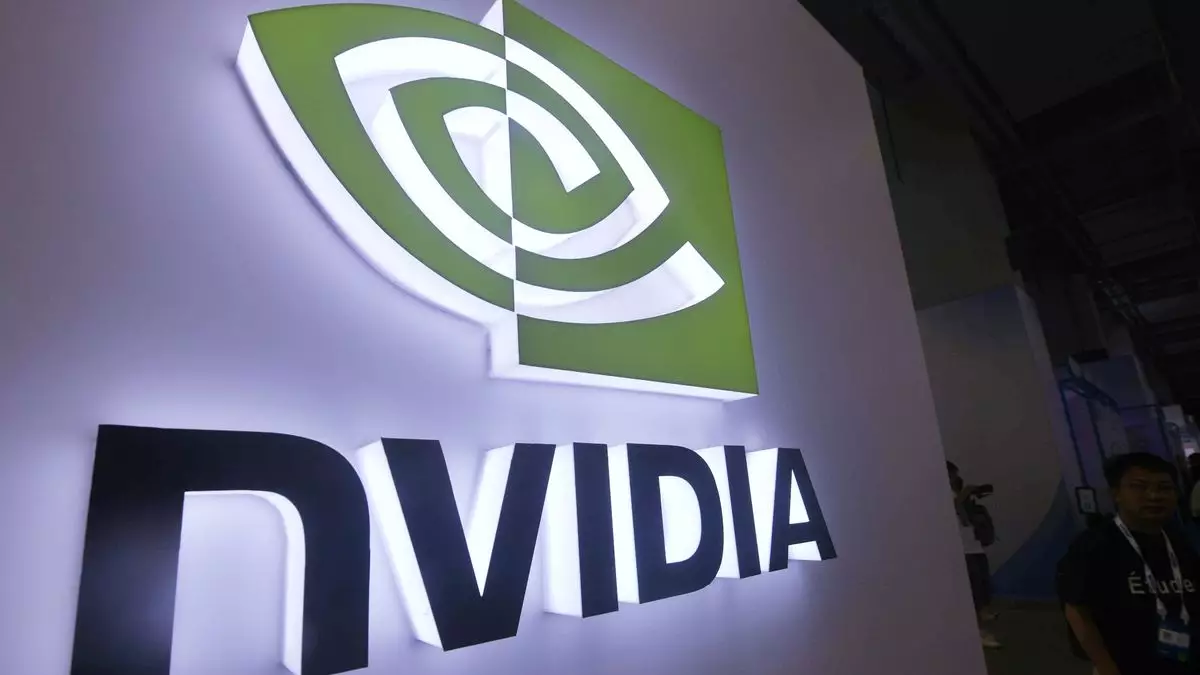The ongoing technological rivalry between China and the United States has recently taken another turn with China initiating an antitrust investigation into Nvidia. This incident raises critical questions about market fairness, global competition, and the broader implications of national regulations in the tech industry. Nvidia’s acquisition of Israeli chip maker Mellanox Technologies in 2020, approved under specific conditions by the Chinese government, lays the groundwork for this investigation.
Nvidia’s $7 billion deal to acquire Mellanox was conditional, with the understanding that the company would not show favoritism towards its own products over those of its Chinese competitors. According to reports, the agreement mandated that Mellanox deliver samples of its new products to rival firms within a set timeframe of 90 days after their release for Nvidia. This clause aimed to create a level playing field in the competitive world of semiconductor manufacturing, yet it has now sparked scrutiny from Chinese regulators. While the details are still emerging, the investigation hints at unresolved tensions between technological progress and regulatory compliance within the context of international trade.
The climate in which this investigation arrives is notably charged, particularly given the backdrop of U.S. sanctions that limit Nvidia’s ability to supply products to China effectively. The electronics and semiconductor sectors are vital to both economies, and these restrictions have directly influenced Nvidia’s market strategy. In a bid to circumvent these constraints while still catering to the lucrative Chinese market, Nvidia launched certain products specifically for China, such as the modified RTX 4090 D. This rapid adaptation was Nvidia’s attempt to navigate the complex web of U.S. export controls while remaining competitive in China.
U.S. government officials, including Commerce Secretary Gina Raimondo, have publicly condemned such workarounds, suggesting a forthcoming clampdown on any products that could be leveraged to enhance China’s technical capabilities. The tension is palpable, with the U.S. intent on maintaining its technological advantage, which ultimately affects Nvidia’s operational strategies and revenue streams.
The dynamics of the semiconductor market are shifting, particularly as China seeks to bolster its domestic manufacturing capabilities. Nvidia previously enjoyed a substantial market share in China, accounting for 26% of its revenue just two years prior. However, recent figures indicate a decline to 17%, a trend that underscores the rising competition from Chinese manufacturers. As companies within China become increasingly adept in the tech arena, the challenge for Nvidia grows, not only from regulatory pressures but also due to heightened competition.
China’s counter-moves, such as banning materials like gallium and germanium vital for semiconductor production, mark a notable escalation in this trade war. These measures reflect a broader strategy to become self-reliant in technology and to assert its position in the global market landscape. The semiconductor industry is crucial for both military and commercial applications, making these products highly strategic in nature.
Nvidia’s Response and Future Implications
In light of the investigation and mounting tensions, Nvidia has reiterated its commitment to transparency and fairness. A representative for Nvidia stated that the company’s success is based on merit, emphasizing the quality of its products and the choices available to customers. This assertion points to the company’s understanding that collaboration and adherence to regulations are paramount in achieving long-term success in international markets.
However, as the investigation unfolds, Nvidia must navigate a landscape fraught with regulatory challenges and competitive threats. The antitrust probe may not only impact Nvidia’s current operations but could also set a precedent for how global technology companies deal with cross-border acquisitions and market practices.
As the tech war between the U.S. and China unfolds, the implications of this investigation may resonate far beyond Nvidia itself, highlighting the growing complexities of international business in an increasingly polarized world. The balance between innovation, regulation, and fair competition lies at the crux of this issue, and how it is resolved will likely influence the industry for years to come.

